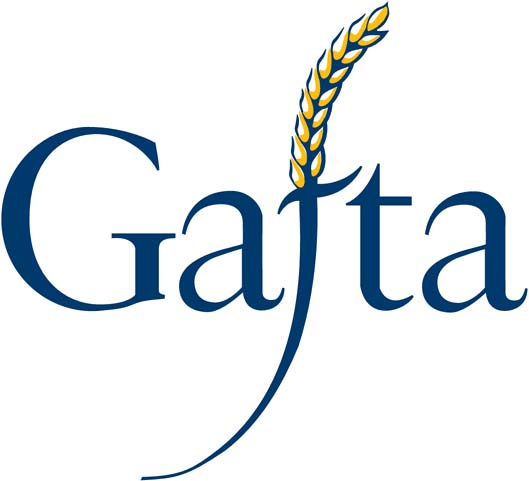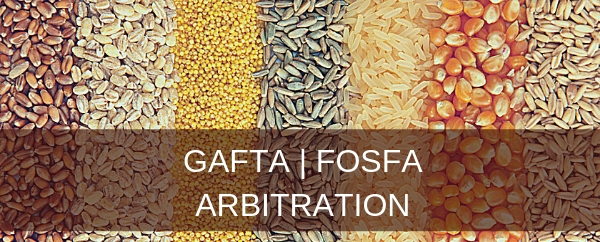GAFTA arbitration

Grain and Feed Trade Association (GAFTA) entered the agricultural product market over 135 years ago. Today GAFTA has nearly 1500 members from 89 countries. GAFTA is treated as international association aimed at development of the international grain and feed trade sector, improvement and standardization of contractual terms, methods of fixing weight and quality of goods, analysis, certification, market player interest defense and promotion of staff knowledge and competence. GAFTA provides transparent arbitration procedure.
GAFTA disputes are considered by qualified arbitrators — worldwide recognized leading experts in international trade law from over 20 jurisdictions.
GAFTA arbitration terms
GAFTA standard arbitration terms are set forth in the GAFTA Arbitration Rules No. 125 which provide terms of applying to the Arbitration, procedure of dispute settlement and making an award, grounds and procedure of appeal. All the typical GAFTA contract proformas contain arbitration clause which incorporates the GAFTA Arbitration Rules No. 125.
GAFTA Arbitration Rules No. 125 are reviewed and updated regularly in accordance with participants’ demands and the current market trends. The current valid wording is dated the 1st of September 2016.
There are also GAFTA Maritime Arbitration Rules No. 127 regulating the disputes related to GAFTA charter parties and GAFTA Simple Disputes Arbitration Rules No. 126 under which the parties are entitled to initiate consideration of small disputes not aggravated by complex case circumstances.
Disputes to be settled by GAFTA
GAFTA arbitration settles any disputes arising from breach of obligations by the parties under agreements on grain or feed supply which incorporates the above GAFTA Arbitration Rules No. 125. In particular, arbitration tribunal settles the disputes regarding breach of obligations upon supply terms and procedure, late payment, incompliance of quantity and quality of the supplied goods with terms set forth in the agreements, disputes concerning procedure of demurrage calculation and recovery and other cases when one of the parties is default.
GAFTA advantages against other arbitration institutions
- GAFTA arbitrators shall be subject to mandatory certification in order to be included into the list of GAFTA arbitration, followed by participation in training courses for confirmation and promotion of their qualification.
- GAFTA Rules of Arbitration stipulate differentiated limitation periods depending on the subject of dispute.
- The parties are entitled to agree on case consideration by the sole arbitrator.
- GAFTA principal arbitration procedure does not provide mandatory oral hearing and most cases are subject to consideration on the grounds of written documents and evidence submitted by the parties.
- In the framework of proceedings, the parties may be represented not by the English but by the local lawyer whom they trust and whose services are much cheaper.
- GAFTA arbitration consists of two instances. Within appeal procedure, the case shall be reconsidered in full and the Board of Appeal shall be bound neither by the first instance tribunal award nor by evidence and information submitted at the first instance. Under appeal procedure, any party may submit new arguments, evidence and testimony.
- Hearings shall be private; all the case materials, award and the procedure itself shall be deemed as confidential information.
- GAFTA arbitration awards shall be final and enforced by the parties voluntarily. Under the Convention on the Recognition and Enforcement of Foreign Arbitral Awards 1958, GAFTA arbitration awards shall be recognized and enforced at the foreign jurisdictions.
- If any party ignores or refuses to enforce the arbitration award voluntarily, the other party is entitled to file a request to GAFTA on including the data about such party into Black List in the bulletin board system and/or on distributing such data by means of circular for GAFTA members.





 Odessa, 65014, Ukraine, 1 а, Gretska St
Odessa, 65014, Ukraine, 1 а, Gretska St
